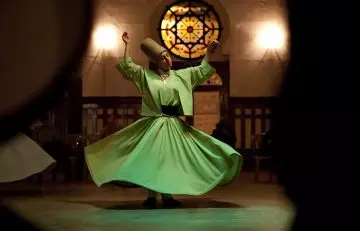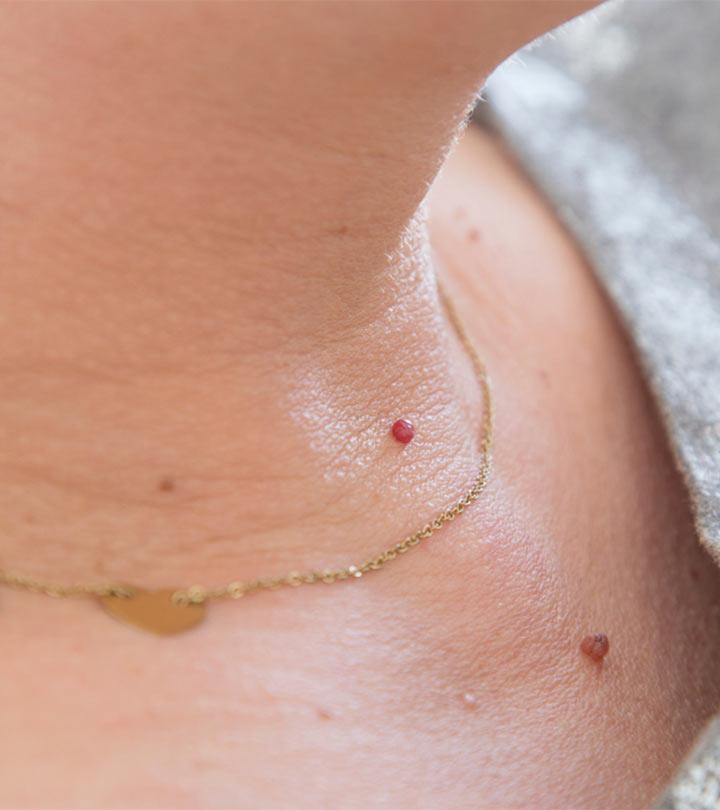What’s The Ideal Type Of Love?

Image: Shutterstock
If you look up the meaning of ‘love’ in the Oxford English Dictionary, you’ll find many definitions. The first amongst the many definitions of love relates this feeling to the sense of affection and attachment, going on to describe it in complex sentences. And here’s what we’ve concluded from it: Though love appears simple, harmless, and inconsequential, in reality, it encompasses a whole basket of feelings that have been weaved into one small word.
It is safe to say that love begins in our heart right from the womb. As we are born and held for the first time, as we learn to walk and talk, as we meet and socialize with people, to the time we are put to eternal rest, it takes various forms and expressions. In each step, we mortals desire and express love in our own different ways – for our pets, for food, for places, for friends: the list is indeed unending.
Humans, without any exception, yearn to fall in love and dream of a lifelong partner. Some of us write poems and letters, some travel and sages have gone to the mountains to meditate and seek the ideal kind of love. But is there anything called an ideal love?
Well, Greeks, with their rich heritage of art and poetry, have beautifully defined 4 different types of love. Read on!
1. Agape (Aka. Open Love)
This is the purest form of love that a human being can hope for. It is unconditional and most sincere and is equated with the love of God for man. In the Indian and subcontinental context, it wouldn’t be wrong to say that this love is like the love of the Sufi saint for the Almighty. It is the love that Mira bai had for Sri Krishna. If you have ever fallen in love with nature or felt a deep sense of compassion for your fellow human beings, then you have felt agape – love in its purest form.
2. Eros (Aka. Fleeting Love)
Love for outer beauty or sexual passion defines this form of love. It is perhaps simpler if we say that this love is love for the flesh – for beauty that lies outside. In other words, it is lust. Because of its superficial nature, it lasts only as long as the beauty lasts or until the desire fades. However, though this love begins as an admiration of beauty, it might lead to a deeper love. The Greek god of love – Eros is a representation of fleeting love.
3. Philia (Aka. Brotherly Love)
The affection and love that you feel for your friends, family, and companions – that is known as philia. This love is slow and patient, and gives the other person the benefit of doubt. It is time tried and tested, and therefore is a steadier, more dependable kind of love that is not easily shaken. This love develops over years as you spend more time with each other and get to know each other more.
4. Storge (Aka. Social Love)
It is true, isn’t it, when they say that no one can love you like your parents do? That’s a unique relationship and within that uniqueness lies more uniqueness because each parent shares a very special bond with their child and loves them with a love that is unlike any other form of love. Storge is this love that parents have for their children. It is one of the purest forms of love that one experiences in a lifetime and is very aptly summarized by this quote, “A mother forever has her heart walking around outside her body.”
This Brings Us Back To The Same Question – What Is The Ideal Kind Of Love?
We all have our own preconceived notions about an ideal love, what we want our lover to be like, causing us to weave dreams around it. Our thoughts are mostly influenced by what we see around us – how a hero woes his maiden in a movie, what the media portrays, the relationship between our parents, some story we might have read or couples that we idolize.
These situations set our mind in a certain way and we subconsciously seek that beautiful, fairytale-esque ‘happy ever after.’ And most often we are fairly disappointed. Our ideal couple splits, parents fight, and we come to the realization that movies are all made up and our bubble bursts. We quickly are made to believe that life is such – there is no true love, there is no ideal kind of love.
However, if we look closely, the four kinds of love defined by the Greeks cover love in its entirety. Experiencing these 4 kinds of love at different stages in your life is the ideal kind of love. Love is here where we are, surrounding us in different forms. So, what really is important is to sustain the love in every relationship rather than look for that ideal kind of love.
Have you experienced all the kinds of love mentioned in this article? Let us know in the comments!




























